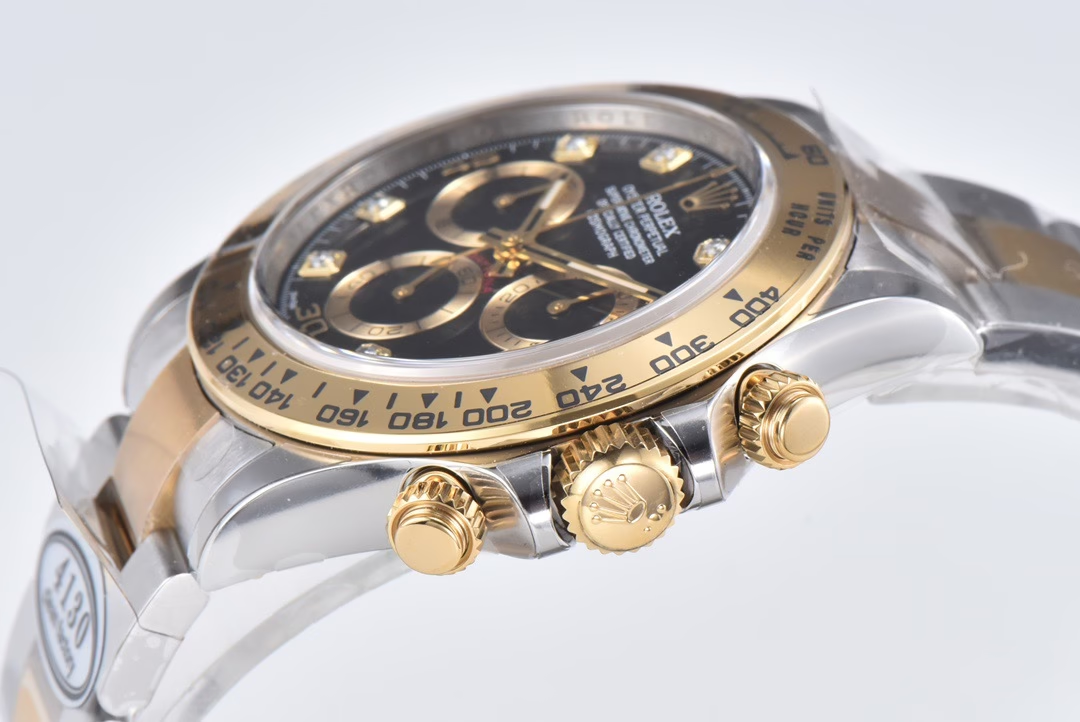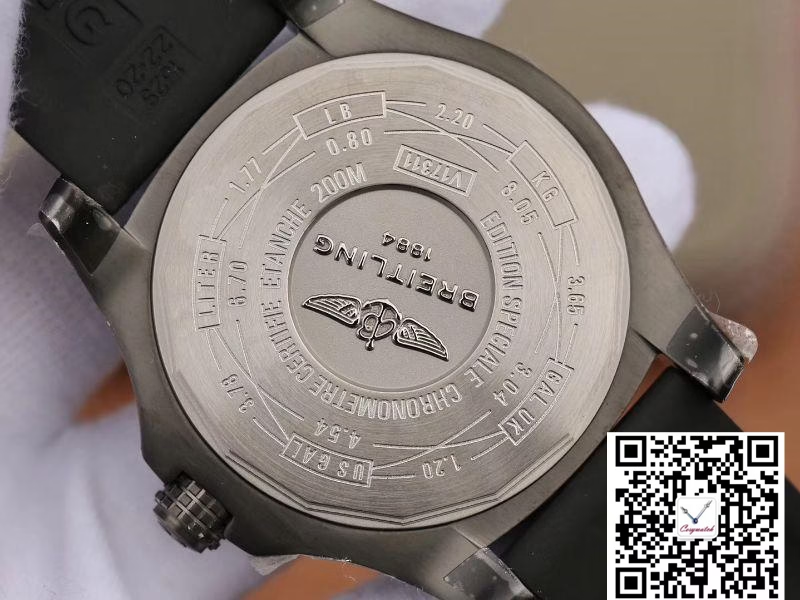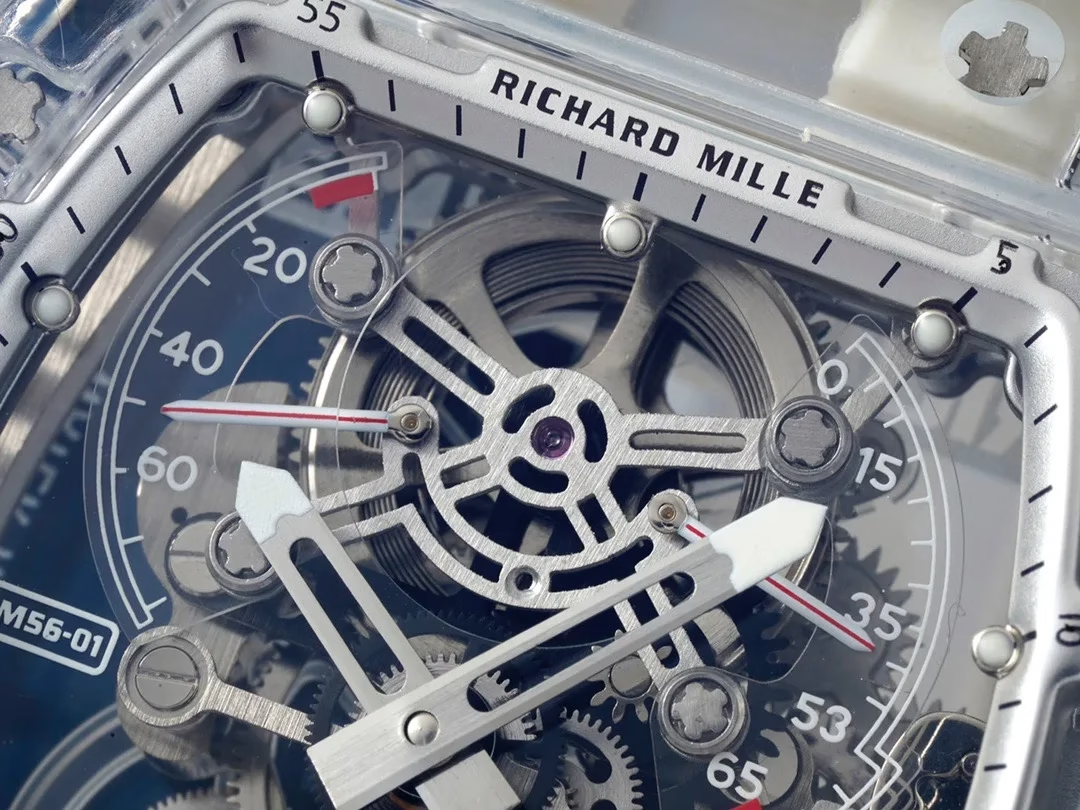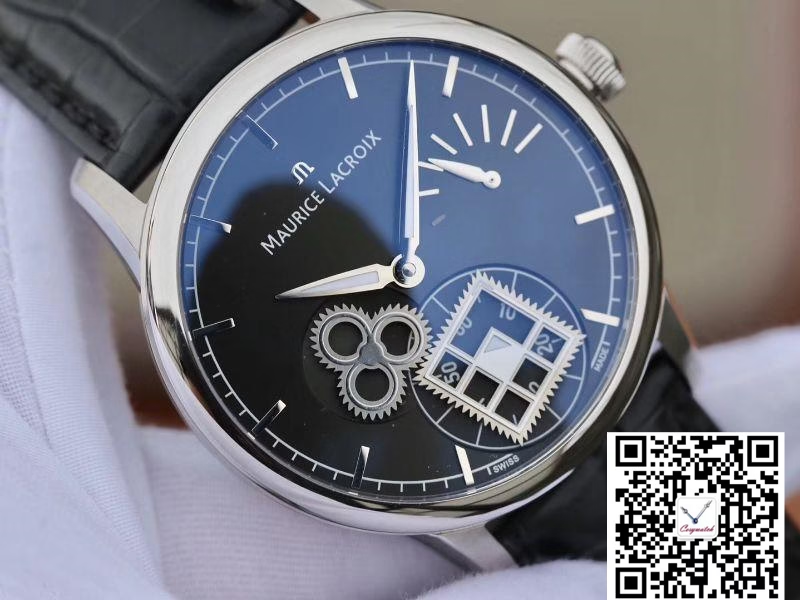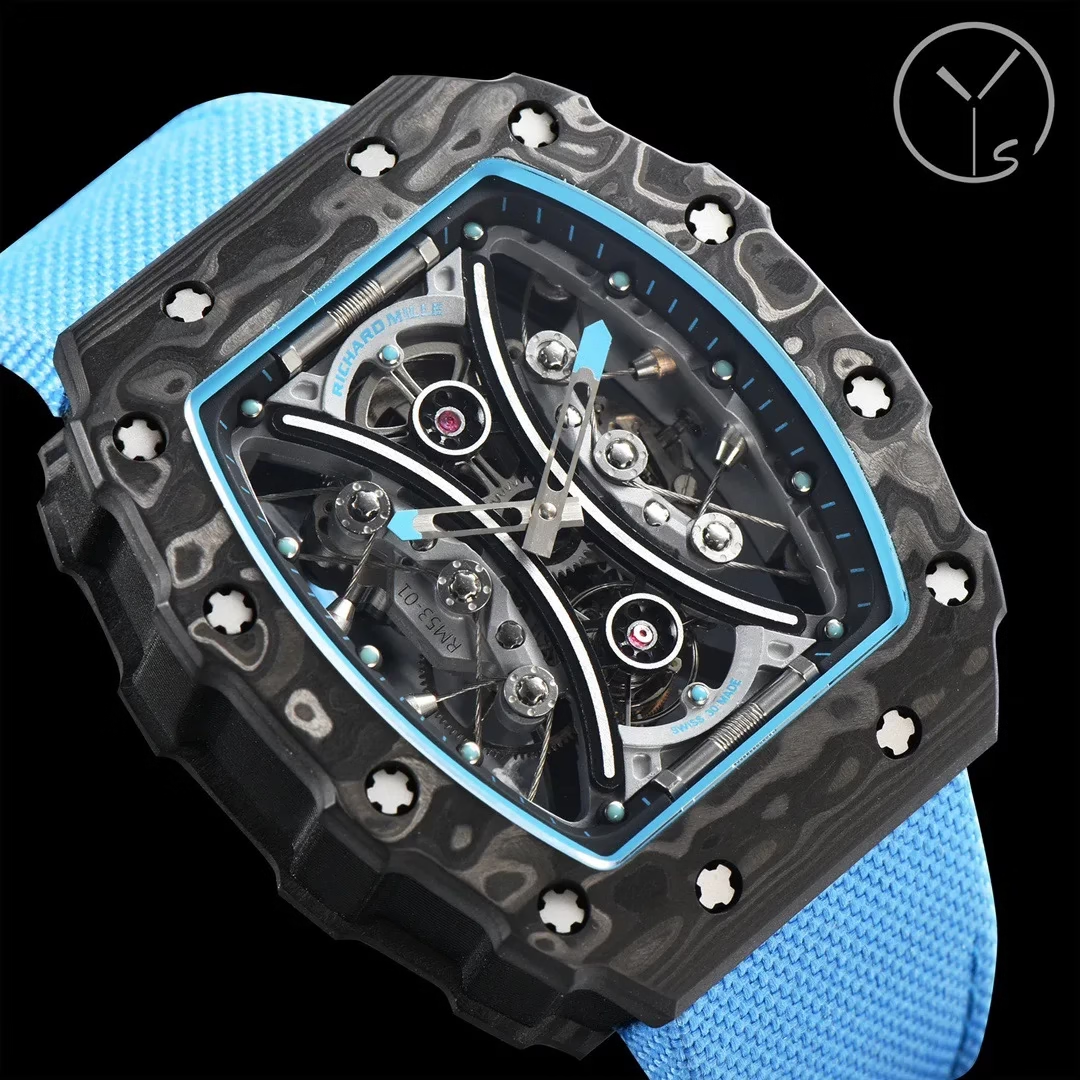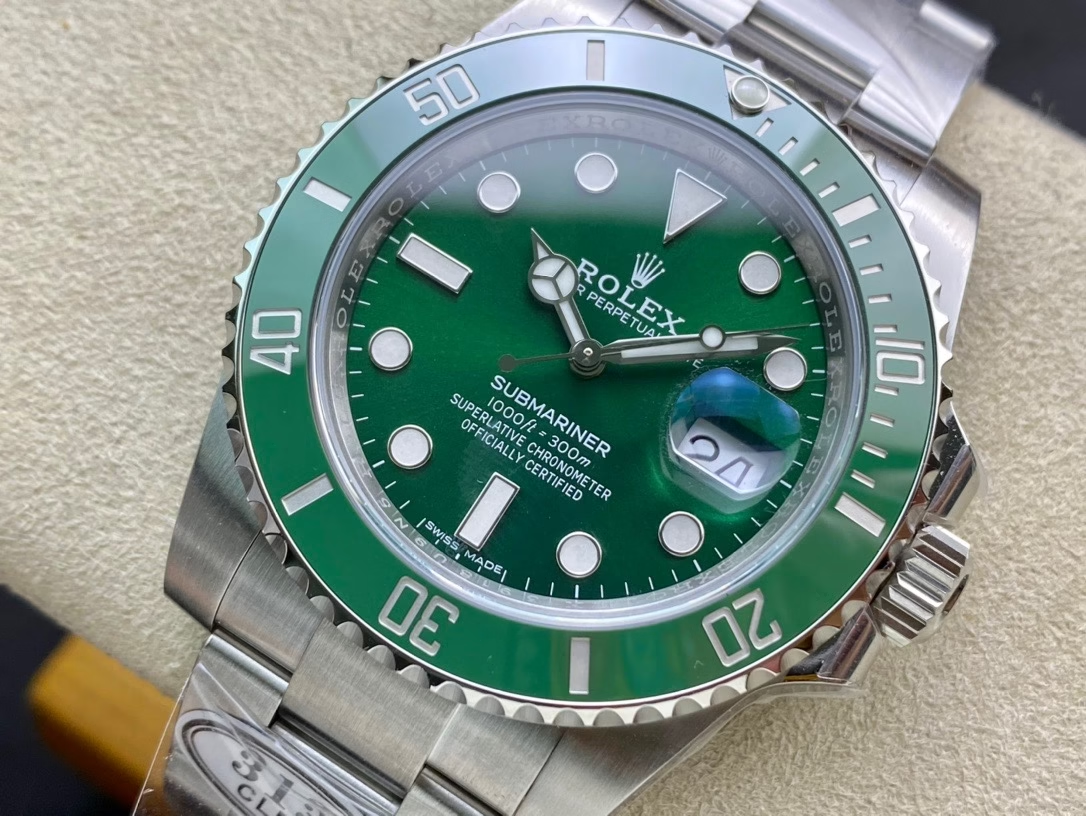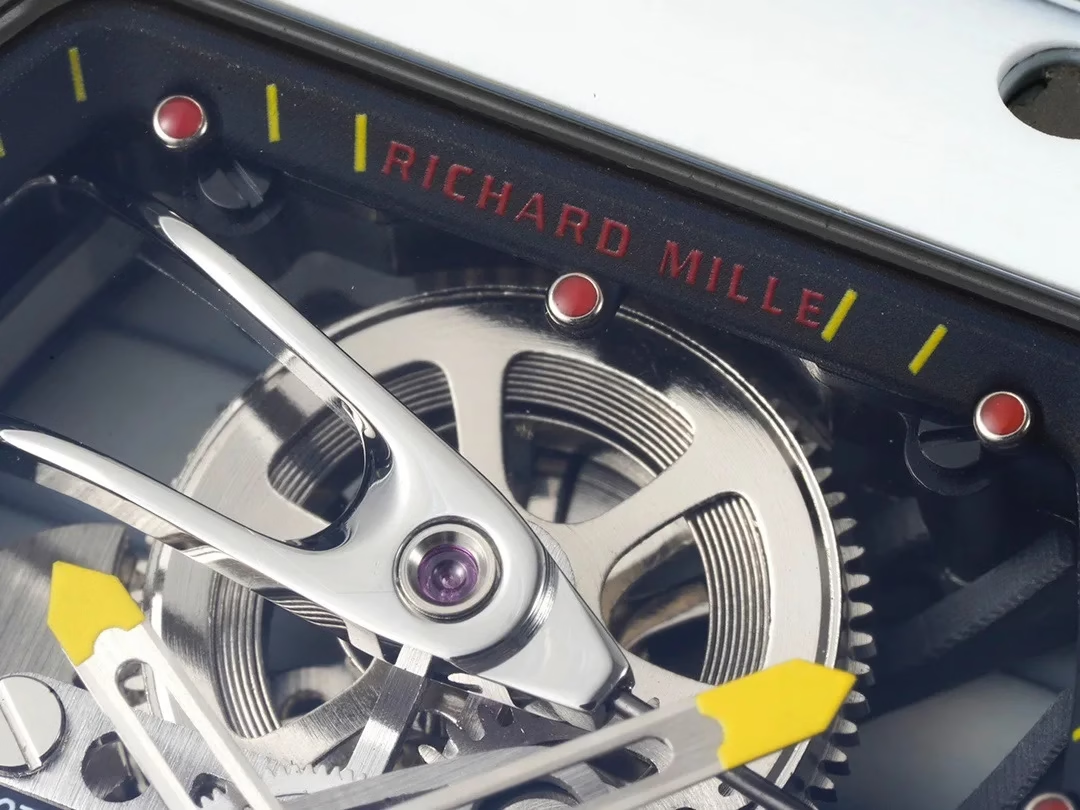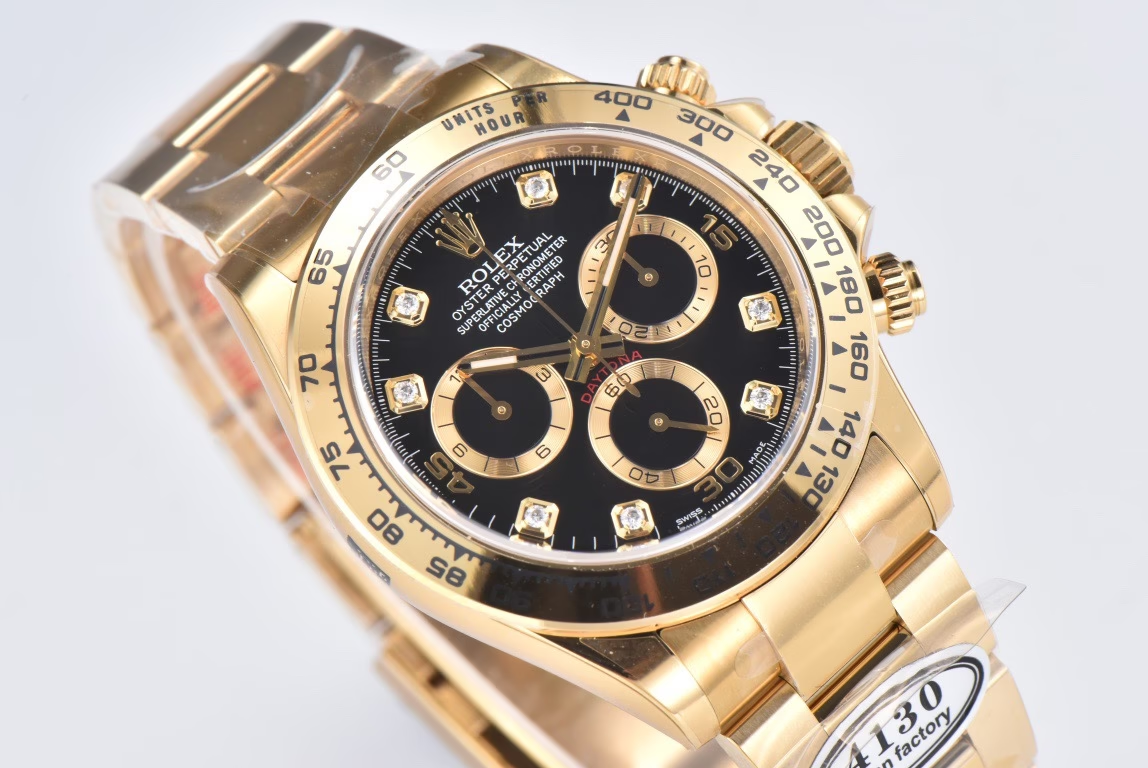Spotless Timekeeping: Inside the Clean Factory Watch Process

In the heart of a pristine factory, precision and innovation collide to create the impeccable Timepieces that adorn wrists around the world. Step into the world of spotless timekeeping as we take a behind-the-scenes look at the clean factory Watch Process. From meticulous assembly to rigorous Quality Control, discover the artistry and excellence that go into crafting these timeless treasures.
The Importance of Impeccable Precision
When it comes to crafting the perfect timepiece, impeccable precision is paramount. At the Clean Factory watch process, every step is meticulously executed to ensure the utmost accuracy in each watch that leaves our facility. Our team of skilled artisans pays close attention to detail, from the assembly of intricate components to the final calibration of each watch’s movement.
Our commitment to Spotless Timekeeping is evident in the quality of our watches. Here at Clean Factory, we prioritize precision in every aspect of our manufacturing process. Whether it’s the precise placement of hands on the dial or the meticulous polishing of each case, our dedication to perfection shines through in every watch we produce. When you choose a Clean Factory timepiece, you can trust that you’re getting a watch that has been crafted with the highest level of precision and care.
Mastering the Art of Assembly
Inside our clean factory watch process, every detail is carefully considered to ensure spotless timekeeping for our customers. Our team of expert watch assemblers work diligently to master the art of assembly, meticulously crafting each timepiece with precision and care.
With a keen eye for detail and a dedication to quality, our assembly process involves:
– Thorough inspection of each watch component
- Precise handling of delicate watch parts
– Methodical assembly of movements and dials
– Stringent quality control checks to ensure perfection
Key Factors in Maintaining Quality Control
Ensuring top-notch quality control is essential in the world of watch manufacturing to guarantee flawless timepieces for customers. There are several key factors that play a crucial role in maintaining quality control throughout the production process.
- Stringent Inspection Procedures: Implementing thorough inspection processes at various stages of production helps identify any potential issues early on.
- Skilled Workforce: Having highly trained and skilled employees who are dedicated to producing high-quality watches is imperative in maintaining quality control.
- State-of-the-Art Equipment: Utilizing advanced technology and equipment ensures precision and accuracy in the manufacturing process.
- Effective Communication: Open communication among team members and departments helps address issues promptly and prevents any quality control issues from escalating.
| Factor | Importance |
| Inspection Procedures | High |
| Skilled Workforce | High |
| State-of-the-Art Equipment | High |
| Effective Communication | High |
Tips for Ensuring Timekeeping Perfection
When it comes to ensuring timekeeping perfection, there are a few key tips to keep in mind for maintaining the accuracy and reliability of your watch. One important factor to consider is regular maintenance – make sure to have your watch serviced by a professional at least every 3-5 years to keep it running smoothly.
Another tip is to avoid exposing your watch to extreme temperatures or magnetic fields, as this can affect its performance. Additionally, be sure to wind or wear your watch regularly to keep it running efficiently. By following these simple tips, you can ensure that your watch stays in pristine condition and keeps perfect time for years to come.
Q&A
Q: What is the importance of clean timekeeping in the watch manufacturing process?
A: Clean timekeeping is essential in ensuring the accuracy and precision of the watch, as any dust or particles can affect the movement’s functionality.
Q: How is the cleanliness of the watch manufacturing process maintained?
A: To maintain cleanliness, specialized cleaning equipment and procedures are implemented to eliminate any potential contaminants that could compromise the quality of the watch.
Q: What are some common contaminants that can affect the watch during manufacturing?
A: Common contaminants include dust, oils, debris, and particles that can disrupt the movement’s intricate mechanisms.
Q: How does the clean factory watch process differ from traditional watch manufacturing methods?
A: The clean factory watch process involves a more systematic approach to cleanliness, with strict protocols and measures in place to ensure a pristine working environment.
Q: What are the benefits of utilizing a clean factory watch process?
A: The benefits include improved accuracy and reliability of the watch, enhanced longevity and durability, and overall customer satisfaction with a high-quality product.
Key Takeaways
As we conclude our journey through the clean factory watch process, we hope you have gained a deeper appreciation for the meticulous attention to detail and precision that goes into crafting each and every timepiece. From the sparkling clean environment to the skilled craftsmen working diligently to create these exquisite watches, it’s clear that spotless timekeeping is truly an art form. So the next time you glance at your watch and marvel at its flawless design and accuracy, remember the clean factory where it all began. Thank you for joining us on this enlightening exploration of the world behind the ticking hands.









